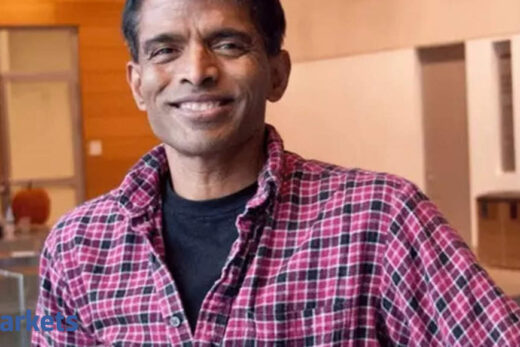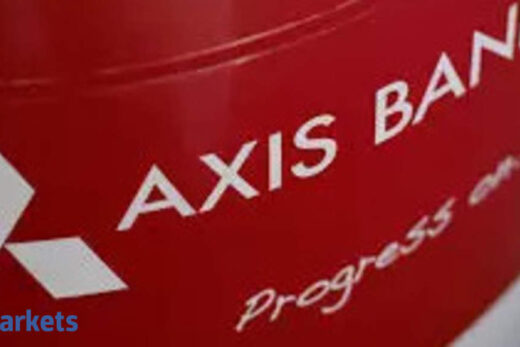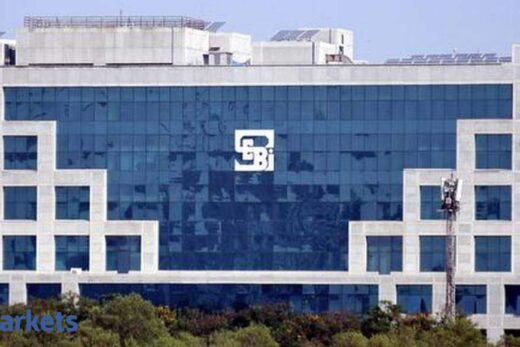The apex court, thus, rejected the opposition put up by senior advocate and former finance minister P Chidambaram on behalf of brokers, the NSEL said in a statement.
The tribunal had refused to admit the plea on technical ground of delay, forcing the NSEL to move the Supreme Court, it said in the statement.
Pursuant to an investigation, markets regulator Sebi had declared the brokers “not fit and proper” to function in the commodity segment, on finding the brokers (Motilal Oswal Commodities,
Commodities, Phillip Commodities, Anand Rathi Commodities and Geofin Comtrade) guilty of malpractices.
The regulator’s order came following the report by the EOW-Mumbai and complaint filed by the NSEL.
“These brokerages were accused of offering assured returns, KYC (Know Your Customer) manipulation, client code modification, infusing benami funds by creating fictitious client accounts and luring clients to trade on NSEL through funding by their NBFC (non-banking financial company) arm,” the statement noted.
After the NSEL crisis in 2013, brokers evaded scrutiny and punitive action until 2015 when their involvement was unearthed by forensic auditors of the Economic Offences Wing (EOW) of the Mumbai Police, according to the statement.
The Sebi order was challenged by the brokers in the tribunal.
Since the NSEL was an affected party and as Sebi failed to consider all the allegations and material in the complaint filed by it against the brokers, the NSEL filed an appeal at SAT.



